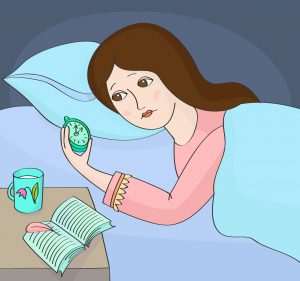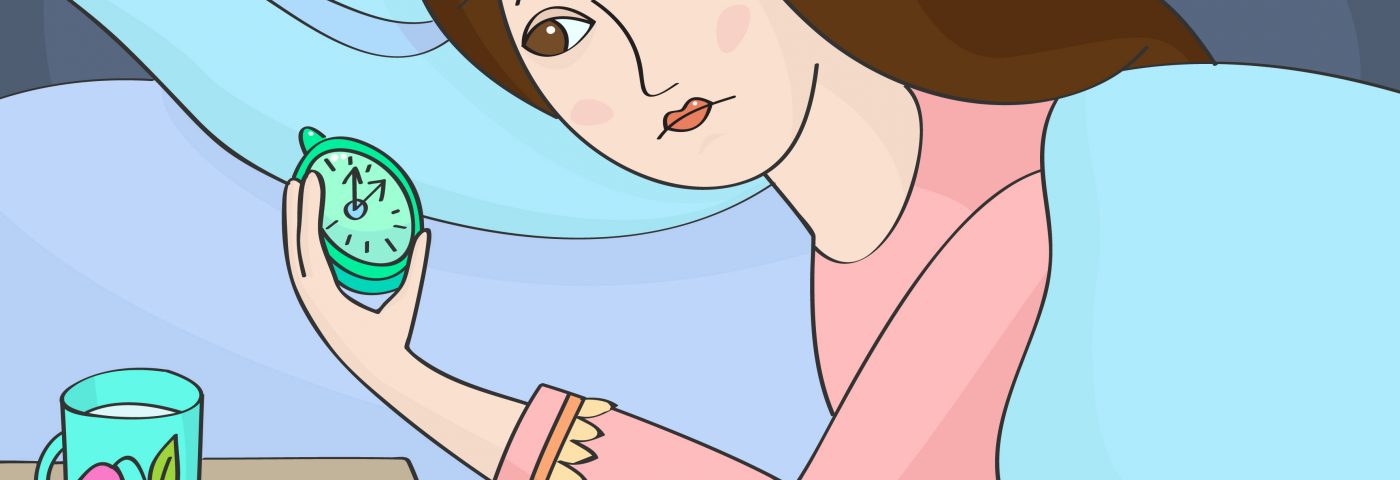Editor’s Note: Breast Cancer News welcomes Breast Cancer Blogger and Patient Expert Nancy Briar to our team. In her ongoing blog column, Nancy explores the complex issues and experiences related to a breast cancer diagnosis, and seeks to connect with other patients and understand their personal experiences as well.
Wide awake at four in the morning.
But not for the reason you might be thinking. Sometimes I do still wake up in the middle of the night, panicked that I’m going to leave my daughter motherless or inflict early widowhood on my husband. Those nights don’t happen very often anymore.
I’m awake because I’m in Paris, still a bit unaccustomed to the time difference from California and decidedly not accustomed to rich late-night dinners. This blog post is dedicated to all the newly diagnosed, to those of you who might be terrified that you’re not going to survive to experience the pleasures life has in store for you. I offer my sleeplessness in Paris as hope for your recovery. Less than two years ago, I was bald, bruised, and exhausted. But I’m not anymore.
My husband and I discovered my lump in December 2013, and I went to the doctor the very next day. “Nothing to worry about,” she said. “Your lump doesn’t meet the characteristics of cancer.”
The lump was hard, the size of an almond, and my fingers drifted to it the way my tongue explores an ache in a tooth. Just to be on the safe side, I scheduled a mammogram, but the only available opening was on New Year’s Eve. “You really know how to party,” my husband said.
My diagnosis was Triple Negative Breast Cancer, the disease’s most aggressive form, and the very next day, Obamacare kicked in. Our family’s insurance, the policy we’d had for twenty years, was rendered invalid as a result of the new law. Not a single provider would take me, and I felt my almond balloon into a walnut.
 Panicking, my husband lived on the phone. Sometimes he had three lines going at once, our landline and both our cells, all of them on hold. It was healthcare chaos in the nation at that time, and our difficulty was compounded by the fact that we were rural, middle class, and self-employed.
Panicking, my husband lived on the phone. Sometimes he had three lines going at once, our landline and both our cells, all of them on hold. It was healthcare chaos in the nation at that time, and our difficulty was compounded by the fact that we were rural, middle class, and self-employed.
By a miracle of God’s grace and Gary’s persistence, Stanford Hospital took me as a patient in its “tumor board,” a surreal experience involving specialists of disciplines I’ve never heard of. On the appointed date, we sent our daughter to spend the night with a friend and drove four hours to that intimidating but life-saving institution.
I sat on a table in my robe while a parade of practitioners looked me over and asked me questions. After lunch, we came back, and they shared their input. “You need a battery of tests,” they said, “and to start chemo this week.” I heard the word “urgent” several times.
Our lives were thrown into a whirlwind, maybe something like what you might be feeling now. Tests showed that my cancer had spread to my sternum and lymph nodes, and possibly my liver, too. All my life I enjoyed robust health, and I couldn’t get my head around cancer. Or of being bald, although I was ashamed of my vanity during this life or death situation. I knew, too, that my disease was going to bankrupt my little family after we’d worked so hard to save our money.
When I wasn’t frozen with the magnitude of my bleak reality, I prayed. Mostly, I prayed to accept God’s will, whatever it was, and to be at peace with it.
In September, it will be two years since my last day of treatment. Every six months I go back for a checkup, and I suspect I will always hold my breath during those tentative times, like an inmate up for parole. So far, my parole’s always been granted.
And because of that, I’m in Paris, sleepless but happy.
I send you my best hopes and prayers for your own journey, that like me, you’ll experience moments of profound beauty on your own unique path, a path changed forever because of a little lump.
Note: Breast Cancer News is strictly a news and information website about the disease. It does not provide medical advice, diagnosis, or treatment. This content is not intended to be a substitute for professional medical advice, diagnosis, or treatment. Always seek the advice of your physician or other qualified health provider with any questions you may have regarding a medical condition. Never disregard professional medical advice or delay in seeking it because of something you have read on this website. The opinions expressed in this blog article are not those of Breast Cancer News, or its parent company, BioNews Services, and are intended to spark discussion about issues pertaining to the disease.

